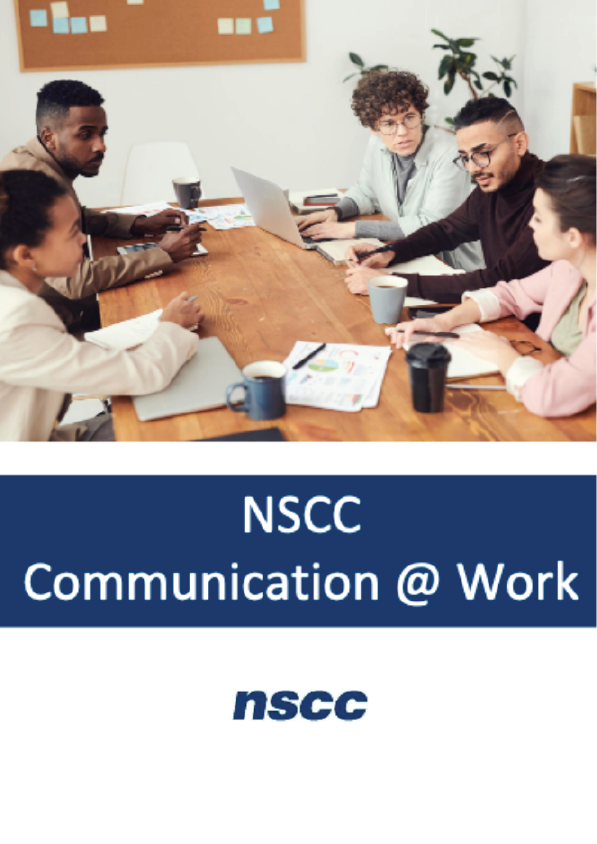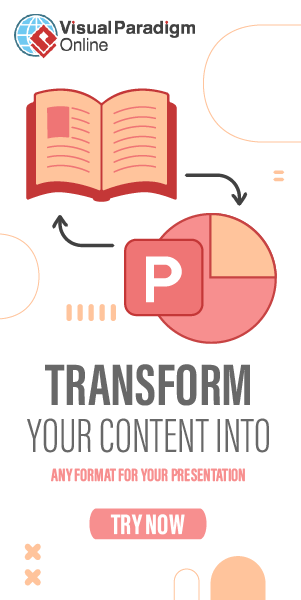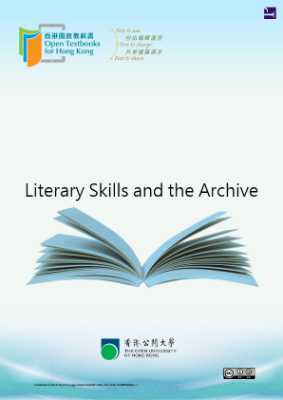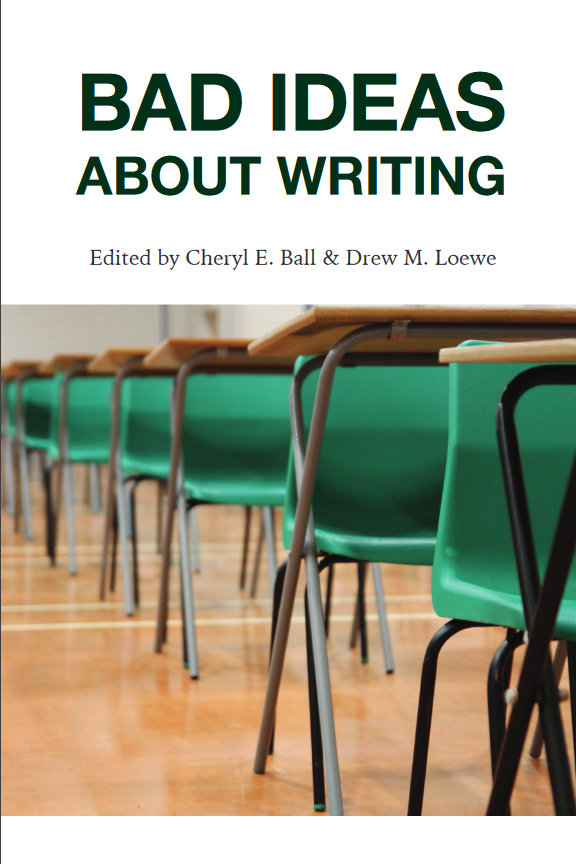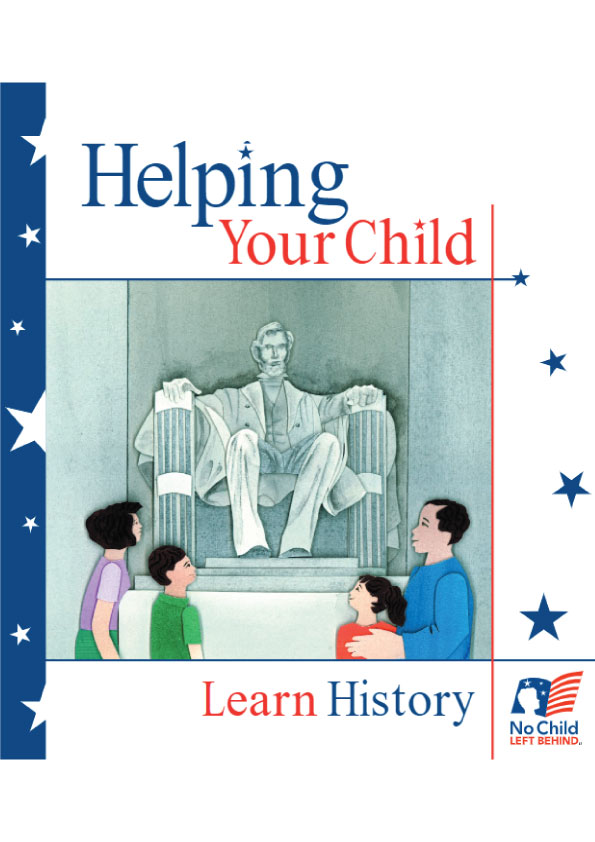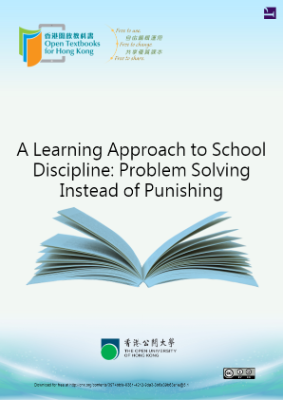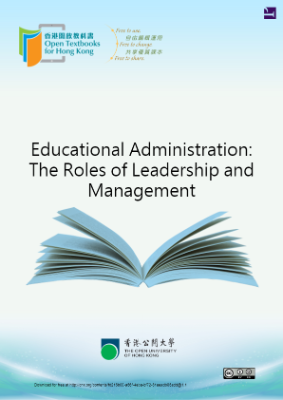We begin our applied-writing unit with electronic channels because they are by far the most popular both for personal and business use. Most students have grown up with these channels, which gives them the advantage of familiarity. With that comfort, however, may also come years of bad habits deeply rooted in the development of those skills for personal distraction and social ends. This chapter will attempt to provide those students a way to professionalize those communication skills. Email deserves a close look because it is the most widespread and established of the electronic forms. Since so much of our lives are wrapped up in electronic interaction, reviewing the netiquette principles established at the outset of the electronic communications revolution can actually help us move forward as we look at the newest and fastest communication channels, texting and instant messaging.
We create and curate personal profiles, post content and comments, and interact via social media as a normal part of both our personal and professional lives. How we conduct ourselves on the open internet can leave a lasting impression, one not so easily undone if it’s regrettable. The hilarious but compromising selfie you posted on Instagram five years ago is still there for your potential employer to find, judge for what it says about your professionalism, and speculate about what customers might think if they saw it too. That sarcastic but not-so-PC reply to a public post on Facebook or Twitter in a heated moment a decade ago can come back to haunt you. We’re all learning as we go in this new media environment, but any mistakes we make along the way, no matter how much we’ve matured since, are still there for all to see and can have lasting impacts on our careers. Many candidates for political office have been taken down by their past social-media posts and the agents tasked with digging them up1, and you can be sure that untold numbers of job applicants have similarly scuppered their chances with similar cavalier shares. Some guidance about what can be done about those mistakes, as well as how to conduct ourselves properly moving forward, can help improve your employability.
Your writing in a business context means that you represent yourself and your company. What you write and how you write it can be part of your company’s success but can also expose it to unintended consequences and legal responsibility. When you write, keep in mind that your words will keep on existing long after you have moved on to other projects. They can become an issue if they exaggerate, state false claims, or defame a person or legal entity such as a competing company. Another issue is plagiarism, using someone else’s writing without giving credit to the source. Whether the “cribbed” material is taken from a printed book, a website, or a blog the reproduction is plagiarism. Plagiarism can create both legal and professional difficulties for you. The owner of the content may initiate a copyright claim and the act of plagiarizing will be viewed as unprofessional and may violate formal company policies. In addition, industry standards often have legal aspects that must be respected and cannot be ignored. For the writer, this can be a challenge, but it can be a fun challenge with rewarding results.
The rapid pace of technology means that the law cannot always stay current with the realities of business communication. Computers had been in use for a couple of decades before the Copyright Act of 1985 was amended in 1997 to deal with internet-enabled copyright infringement. Technology advanced even further before the next major amendment came with the Copyright Modernization Act of 2012. Developments since then will continue to demand new laws to clarify what is fair and ethical, what should be prohibited, and who owns the rights to what.
For example, suppose your supervisor asks you to use your Facebook page or Twitter account to give an occasional “plug” to your company’s products. Are you obligated to comply? If you later change jobs, who owns your posts or tweets—are they yours, or does your now-former employer have a right to them? And what about your network of “friends”? Can your employer use their contact information to send marketing messages? These and many other questions remain to be answered as technology, industry practices, and legislation evolve.
